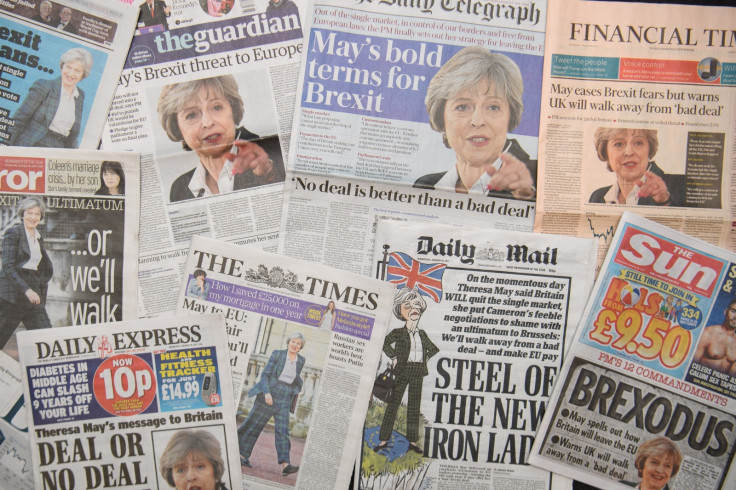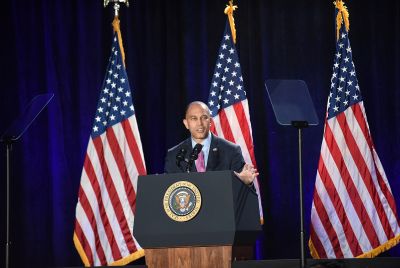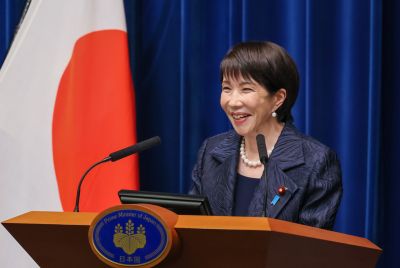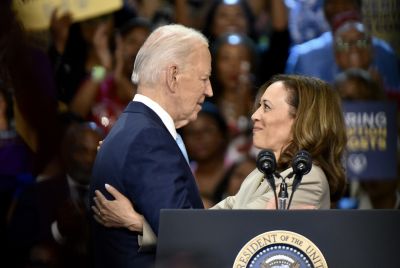Our dishonest press is too powerful – it will use propaganda to stop proper regulation
Press regulation must be independent, but the media will avoid what the Leveson Inquiry set out to achieve.

During the Leveson Inquiry, it was, apparently, an intense David versus Goliath battle being fought by Fleet Street.
This is despite the fact that, just as in the current press regulation debate, the victims of the press were represented by a single junior barrister supported by a couple of solicitors; whereas the press was represented by an army of Queen's Counsel, barristers, and a pack of major city law firms.
Despite this gross logistical imbalance, the conclusions drawn by Lord Justice Leveson were as damning as possible of the press; its mendacity, hubris and corruption was laid bare. At the conclusion of the Leveson Inquiry, the only issue which mattered was how the press was going to be regulated in the future.
During the time of the phone hacking scandal, the press was regulated by the Press Complaints Commission (PCC), which was set up by the press, funded by the press, the Code written by the press, appointed by the press, and with press representatives in the key positions.
It was this entity which cleared The News of the World of extensive phone hacking before the truth emerged. Such an entity was never going to be any form of effective regulation since it was entirely owned and controlled by the industry which it was supposed to regulate.
So it was that Leveson set out some criteria for a replacement for the PCC, which was itself a third failed form of self-regulation by the press. He did so to avoid the PCC being replaced by a regulator which was as profoundly flawed as its predecessor.
The reaction of the press was to immediately set up a new regulator which was as profoundly flawed as its predecessor; being set up by the press, funded by the press, appointed by the press, Code written by the press, and its senior personnel either deriving from or being selected by the press.
With no apparent sense of irony, the press named the new entity the Independent Press Standards Organisation (Ipso). It made no pretense of being consistent with the recommendations made by Leveson in the face of the massed ranks of lawyers hired by the press to make representations to him.
The press says that it should not be the subject of financial sanctions under Section 40 because of its refusal to be regulated by an entity in accordance with the will of parliament and the nation. The press mendaciously asserts that a Leveson-compliant regulator would amount to state regulation. This is absolute nonsense.
The broadcast media is regulated by a statute-backed entity (Ofcom), but that by no means results in the media being state regulated. Anyone who has watched senior politicians being flayed by interviewers of Ofcom-regulated broadcasters knows that this claim by the press is ridiculous.
Sadly, it will not be the outcome in the David and Goliath battle of the Bible.
This is a battle that the press will win because of the excessive power that it wields over those that govern us. It will also win because the press uses its news pages to churn out mendacious propaganda about all the key issues, thereby using its power to mislead the nation.
When democracy is cowed by such brutal, dishonest, and unaccountable commercial might, then we are all the losers.
© Copyright IBTimes 2025. All rights reserved.






















